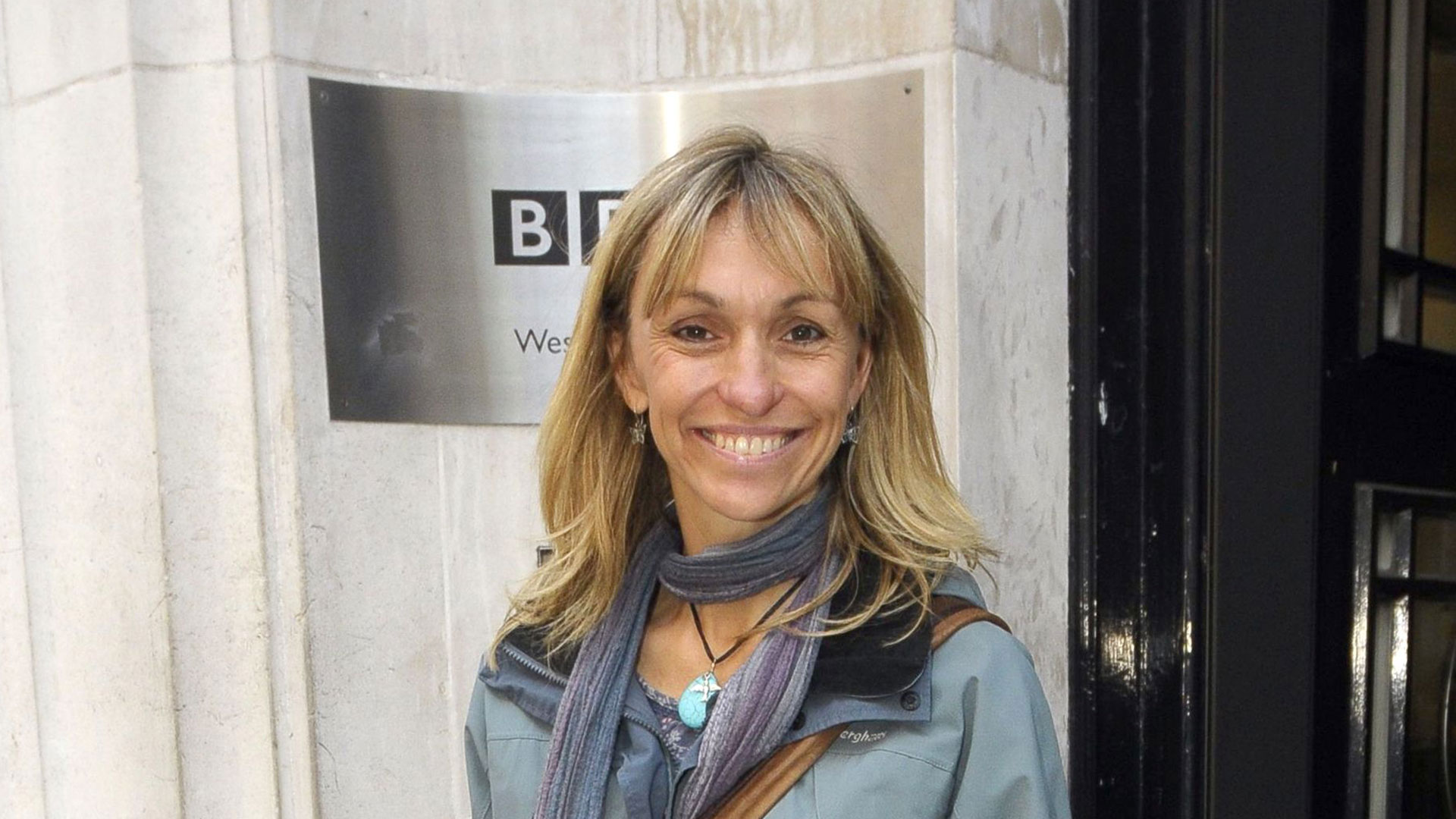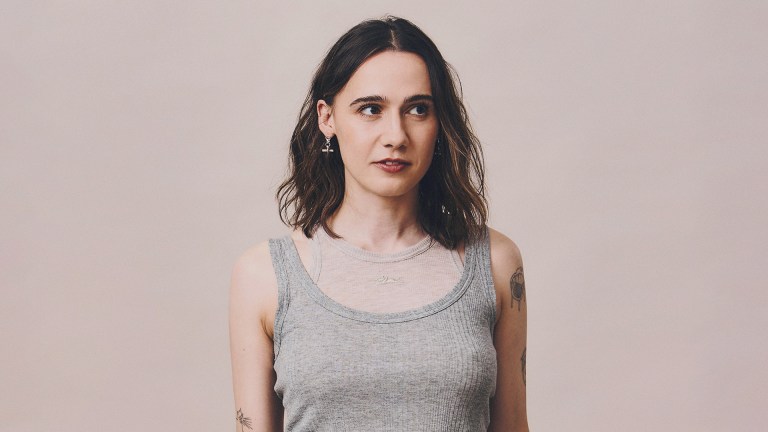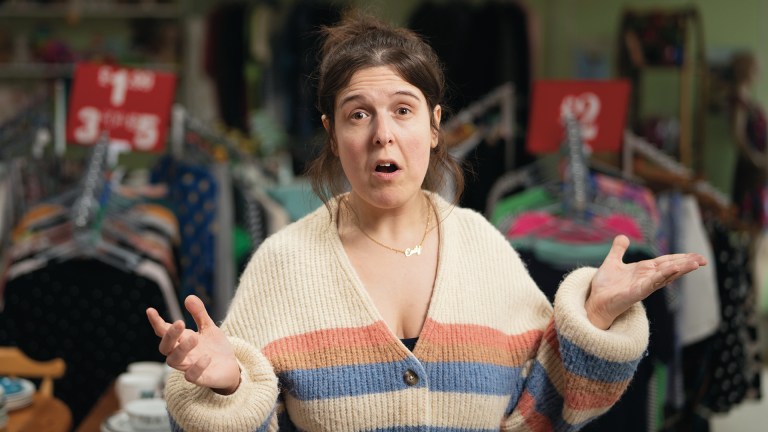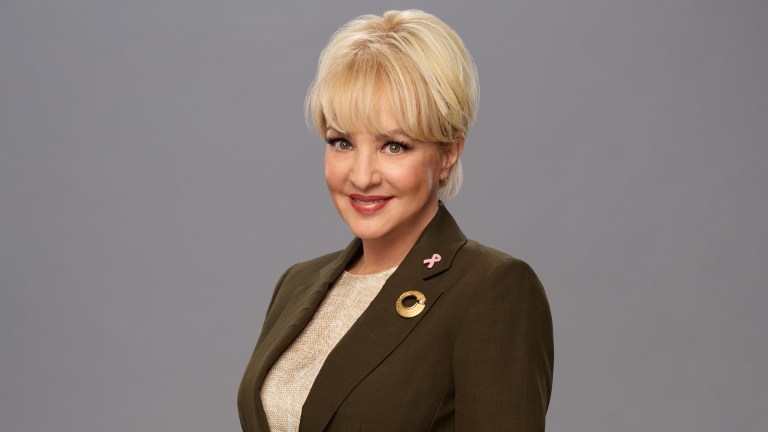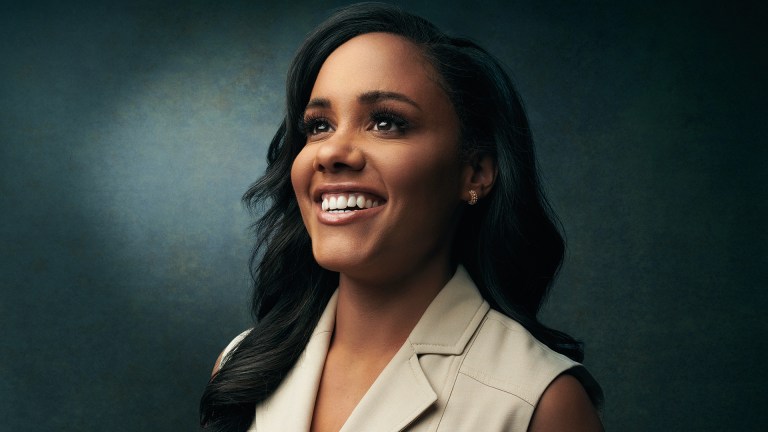It was all happening before Springwatch, but I didn’t want to talk about it then
How are you now?
Now I am in a safe place. I have had all my surgery, I haven’t had to have chemo or radiotherapy, so I am in a safe place, I feel much more comfortable talking about it.
Do you feel you have more in the tank than earlier in the year?
Do you know, I read an article the other day about what it is like to be diagnosed with cancer and then go through it. It is like getting on a roller coaster. You are diagnosed and you are in the seat, then the roller coaster goes. You keep going until it is over, then you look back and think, I didn’t like that very much, it wasn’t a very nice experience. And so during Springwatch, I was still on the roller coaster.
I knew I had a certain amount of time to get better or I would have to pull out. It is not an easy gig for someone to come in to with no notice. People that are good enough to do it probably wouldn’t be available, so to say three weeks before that I am not well enough would have been massive. I remember being in hospital, asking them to let me know so I could tell the BBC if I had to do chemo. And of course, the surgeons are just interested in me getting better – they don’t care about the wider picture, and why should they. I was getting panicked, I didn’t want to dump the BBC in it – so that was my focus, to get better and feel strong enough and well enough. I went into Springwatch with an empty tank, particularly emotionally. I don’t think I realised how empty it was until I look back – that was a lot to get through.
Watch the Pride special collection.
Our LGBTQ+ film playlist offers a new and interesting angle on LGBTQ+ love and struggle – giving an international overview by taking us inside some of the most and least sexually liberated countries in the world.
Sign Up NowAdvertising helps fund Big Issue’s mission to end poverty
Are you finished with all your surgery now?
I live in South Africa, where it is all on private health insurance and they sort of rush you through it. I don’t know why I had to have it done so quickly, but it worked, because then I did have enough time to get better. I chose to have the reconstruction surgery when I could clear my diary for six weeks and reflect, so I had it seven weeks ago now, and I only went back to work last week when the article came out. And it really did me a lot of good. I realise I needed it – to be at home, reflect and process what I had been through.
I have been having healing aromatherapy with an amazing lady who you can talk to and talk things through with – I feel I have processed it now. I feel I have got on with it, I can’t change my diagnosis. It wasn’t a pleasant thing to go through but I think I have handled it.
Why did you tell your story?
I tried to turn it into a positive by talking about it in the press, but controlling it. I thought, ‘No one is going to interview me about this one! I am going to write it myself.’ Even some of the newspapers that picked it up, and I think most of them did, chose a very unfortunate word to use – saying Michaela Strachan was ‘forced’ to have a double mastectomy. Which was a really unfortunate word and a wrong word – I wasn’t forced, it was my choice. It was sloppy journalism. That is a really wrong word to use. But on the whole I thought most of the papers dealt with it pretty well. I didn’t tell my story so I would get people’s sympathy, I told the story to be an ambassador to encourage women to have their mamagrams and also take away the fear of other women starting this journey.
My body let me down which I think takes away a bit of confidence
Obviously I was very lucky, I caught it very early and my diagnosis was good. There are other women whose journey is a lot longer than mine, and need chemo or radiotherapy, so I am very fortunate. But as I say, that is the message – if you catch it early, you are not fighting for your life. I still feel like I am talking about someone else, though. I look back and think, was it really me? I think it will take some time before I will really accept that it was me I’m talking about.
Advertising helps fund Big Issue’s mission to end poverty
How are you feeling about getting back to work?
I am really looking forward to going into Autumnwatch and not on a depleted tank. I feel like I am back to my old self again. This is a very common thing with people diagnosed. It does take away a little bit of your confidence. I think that is because you are not confident in your own body. Your body has let you down. I look after my body, I am not someone who abuses myself, I eat healthily, I am vegetarian, I don’t smoke, I have the odd glass of wine but I never get drunk. I don’t over indulge in anything. I exercise, I have always been a good weight, so my body let me down which I think takes away a bit of confidence. Doing Springwatch with my confidence chipped away was tough, but I feel I am back, confident, strong, fit and perky, quite frankly.
I am looking forward to getting up there, being part of the family. I love my boys. We are like annoying siblings – we adore each other, but, gee they can annoy me sometimes. They will start talking on some random subject about cars or women or music and I will be the one who has to say, ‘Look, guys, we have a show tonight!’ I am like the Hermione of the group – they adore me, but I am probably slightly irritating at times. But it would fall apart if I wasn’t there, I like to think…
Autumnwatch airs on BBC2, October 28-31
